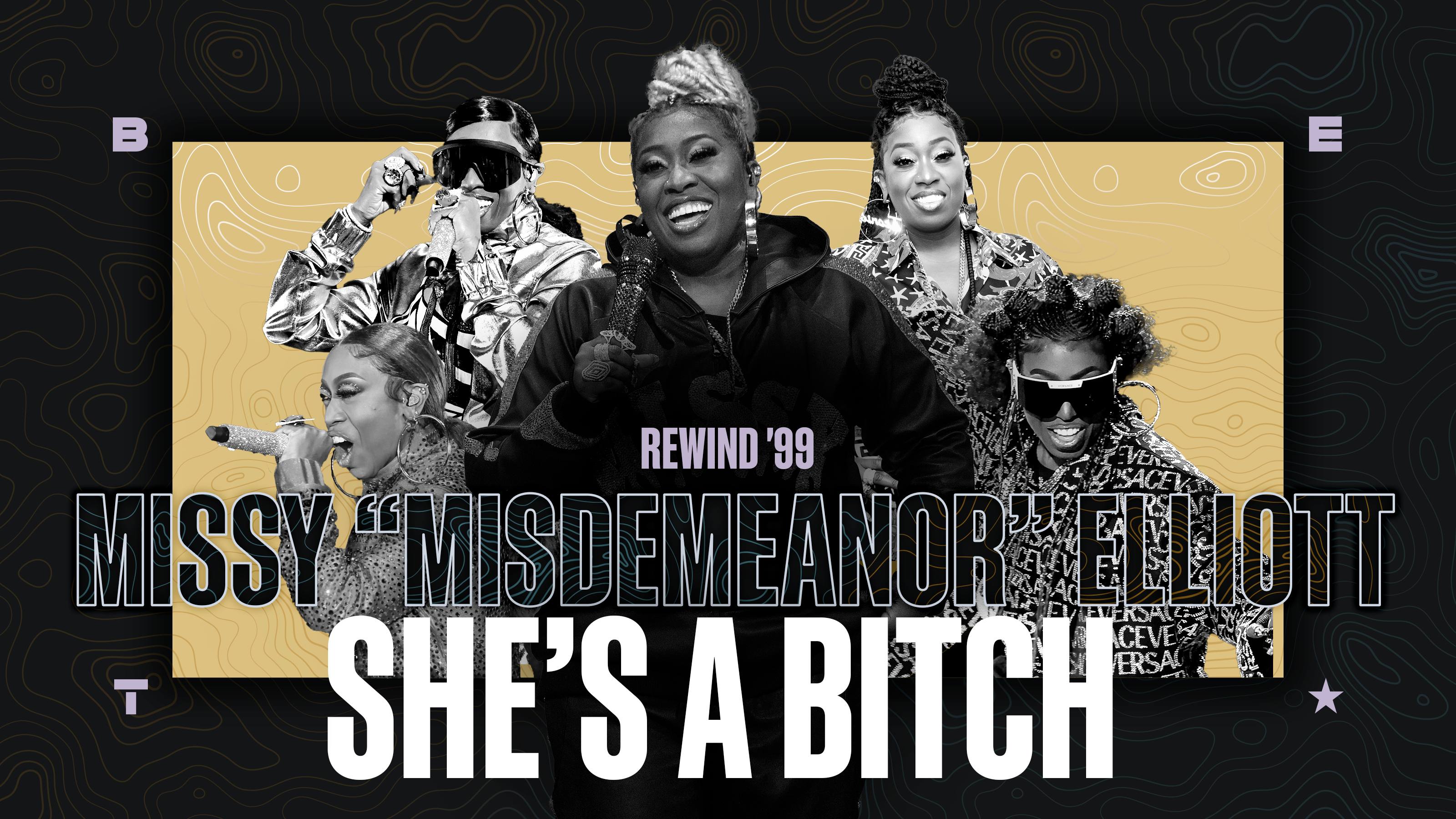Racial Segregation Linked to Lung Cancer Deaths

A new study boasts an extremely interesting claim: African-Americans who live in an area that is predominately Black have a higher chance of dying from lung cancer than Blacks who live in more racially mixed communities.
Researchers from the University of Pittsburgh Medical Center analyzed national data about lung cancer deaths between the years 2003 and 2007. They found that overall, Black lung cancer patients had a 59 percent death rate, compared with 51 percent of white lung cancer patients. But when they looked closer at racially segregated counties, the stats for Blacks got worse, reported Reuters:
Black patients living in diverse counties had a mortality rate of about 52 percent, which was comparable to white patients. But Black patients living in highly segregated counties had a mortality rate of about 63 percent. Black patients living in moderately segregated areas had a mortality rate of 57 percent.
Ironically, lung cancer rates for Blacks didn’t change whether they lived in all-white or racially mixed areas.
So what gives?
The authors admit that their study doesn’t prove that living in an all-Black community alone worsens death rates, but they do believe that it’s the lack of resources that comes with these communities that might explain these disparities. Perhaps these areas lack access to quality doctors, hospitals and new treatments to lung cancer.
Lung cancer is extremely deadly and African-Americans are more likely to be diagnosed and to die from it. According to a 2010 American Lung Association report (pdf):
— Despite lower smoking rates, African-Americans are more likely to develop and die of lung cancer than whites.
— African-American men are 37 percent more likely to develop lung cancer than white men, even though their overall exposure to cigarette smoke — the primary risk factor for lung cancer — is lower.
— African-Americans are more likely to be diagnosed later, when cancer is more advanced.
— African-Americans are more likely to wait longer after diagnosis to receive treatment, to refuse treatment and to die in the hospital after surgery.
When it comes to smoking, we account for 12 percent of the 46 million adult smokers in the United States, according to the American Lung Association. Unfortunately, it's harder for Blacks to quit smoking. In 2011, BET.com reported that a Centers for Disease Control and Prevention study that found that while 59 percent of Black smokers tried to quit, only 3.3 percent actually succeeded — the lowest success rate among all races and ethnicities.
To learn more about how to quit smoking and free resources to help you kick the habit, go here.
BET Health News - We go beyond the music and entertainment world to bring you important medical information and health-related tips of special relevance to Blacks in the U.S. and around the world. Click here to subscribe to our newsletter.
(Photo: REUTERS/Lee Celano)





